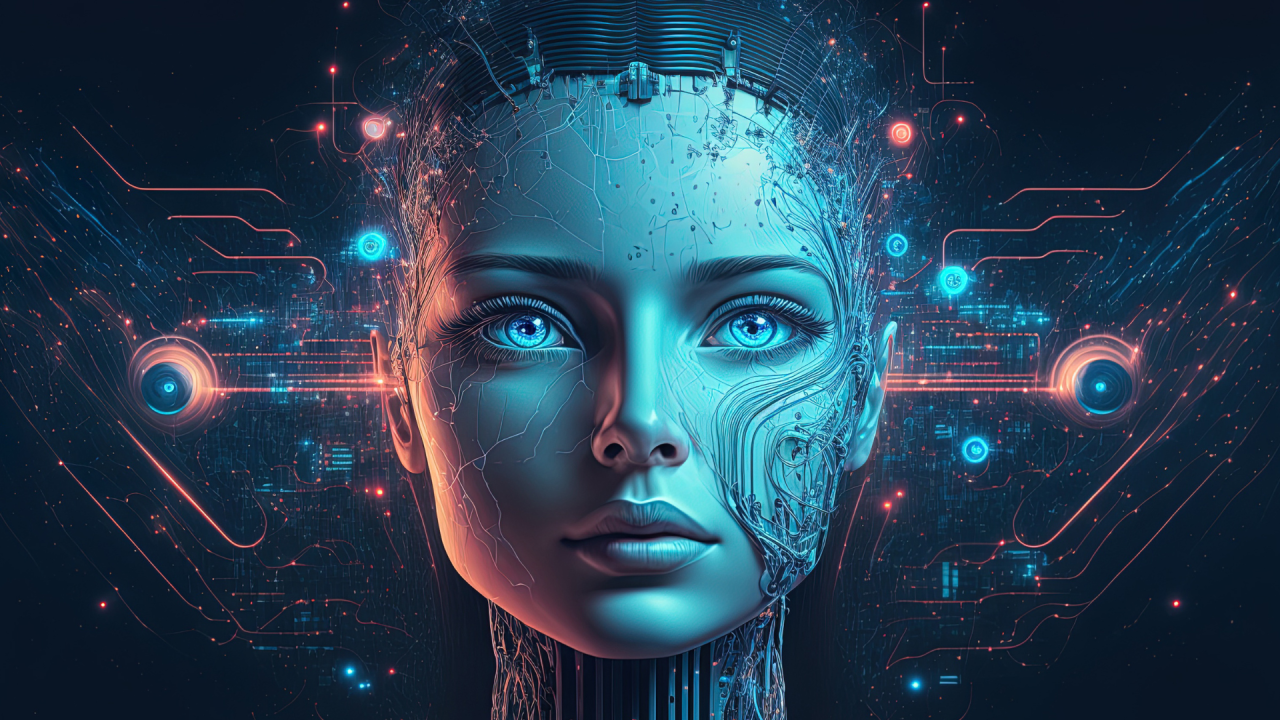Artificial Intelligence (AI) has emerged as a transformative force, revolutionizing industries and shaping the future of technology. In recent years, the accessibility of face swap AI tools and resources has skyrocketed, paving the way for a new era – the era of Free AI. This paradigm shift is not only democratizing access to advanced technologies but also redefining the boundaries of what is possible.
The Evolution of AI Accessibility:
Traditionally, AI development was confined to well-funded research institutions and tech giants due to the high costs associated with infrastructure, computing power, and specialized talent. However, the advent of Free AI has turned this narrative on its head, making cutting-edge AI tools and resources available to the masses.
Open-source AI frameworks like TensorFlow and PyTorch have played a pivotal role in this democratization. Developers worldwide now have access to powerful libraries, enabling them to build and experiment with AI models without prohibitive expenses. This shift has empowered a diverse community of developers, students, and enthusiasts to actively contribute to the AI landscape.
Democratizing Knowledge through Free AI Education:
Education is at the heart of the Free AI movement. Online platforms and courses, such as Coursera, edX, and Khan Academy, offer free or affordable AI courses, making it possible for anyone with an internet connection to learn and master AI concepts. This has opened doors for individuals from diverse backgrounds to acquire AI skills, fostering inclusivity and diversity within the field.
Free AI Resources for Research and Development:
The availability of pre-trained models and datasets has significantly accelerated AI research and development. OpenAI’s GPT models, for instance, have become widely accessible, allowing developers to build innovative applications, from chatbots to content generation, without the need to train models from scratch.
Collaborative AI Communities:
Free AI has cultivated collaborative communities where knowledge-sharing and idea exchange thrive. Platforms like GitHub have become hubs for developers to collaborate on AI projects, share code, and collectively address challenges. This collaborative spirit not only accelerates the pace of AI innovation but also ensures that advancements are accessible to a global audience.
AI for Social Impact:
Free AI is not just about technological advancements; it also plays a crucial role in addressing societal challenges. From healthcare and education to climate change and poverty alleviation, AI is being harnessed for social good. Free AI tools enable developers and organizations to create impactful solutions that have the potential to improve lives on a large scale.
Challenges and Future Prospects:
While Free AI has undoubtedly broken down barriers, challenges remain. Ethical considerations, data privacy concerns, and the potential for bias in AI models need ongoing attention. Moreover, ensuring that the benefits of Free AI are distributed equitably across different communities and regions is crucial for fostering a truly inclusive AI landscape.
Looking ahead, the future of Free AI holds promise. Continued advancements in technology, increased collaboration, and a focus on ethical AI practices will further redefine the boundaries of possibility.
